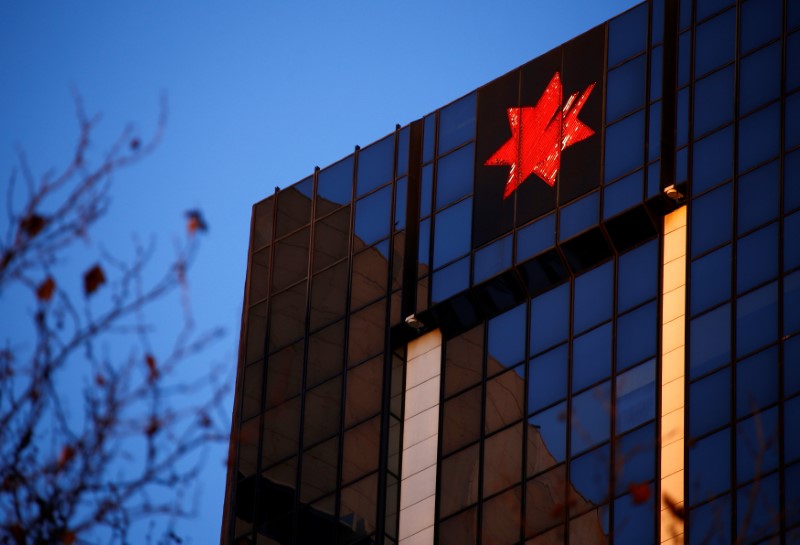A survey conducted by National Australia Bank (NAB) indicates that Australian businesses are preparing to offer significant discounts in the face of falling costs, with the intent of retaining market share over profit enhancement.
The survey, which canvassed some 1,000 businesses across various industries nationwide, highlights a strategic shift as companies grapple with the challenge of maintaining customer interest.
Alan Oster, NAB's chief economist, shared insights with the ABC, revealing a notable reduction in business costs which is expected to translate into lower retail prices for consumers.
This shift comes after a period where the pandemic-induced supply chain bottlenecks led to increased business expenses and, consequently, higher inflation rates. With the easing of these pressures, businesses are adjusting their pricing strategies.
The survey details a gradual moderation in cost and price growth measures. Purchase costs showed a slight decrease to 1.2% from the previous quarter's 1.4%.
Similarly, labour cost growth slowed to 1.2%, and final product price growth declined to 0.7% quarter-over-quarter, with retail price growth easing to 0.9%.
This trend towards lower pricing is beginning to impact profitability, as indicated by a decline in NAB's measure of profitability from plus-11 in the September quarter to plus-five in December.
The survey also reveals a downturn in business confidence regarding short-term outlooks, with expectations for business conditions and forward orders showing signs of weakening.
The motivation behind these price reductions is attributed to businesses' focus on securing market share in a competitive market, prioritising customer retention over immediate financial gains.
This approach is a response to the broader economic impact of rising interest rates, which have placed additional financial burdens on consumers, leading to a heightened search for value.
Deutsche Bank (ETR:DBKGn) has speculated on the possibility of an interest rate cut by the Reserve Bank of Australia (RBA) as early as May, a move anticipated to be beneficial in the context of inflation control.
But some analysts suggest that the RBA may delay such decisions until later in the year, pending further observations on the labour market and the effects of tax cuts.
As businesses adapt to the evolving economic landscape by offering discounts, the focus remains on how these strategies will influence the broader economy, including inflation rates and consumer spending patterns.
